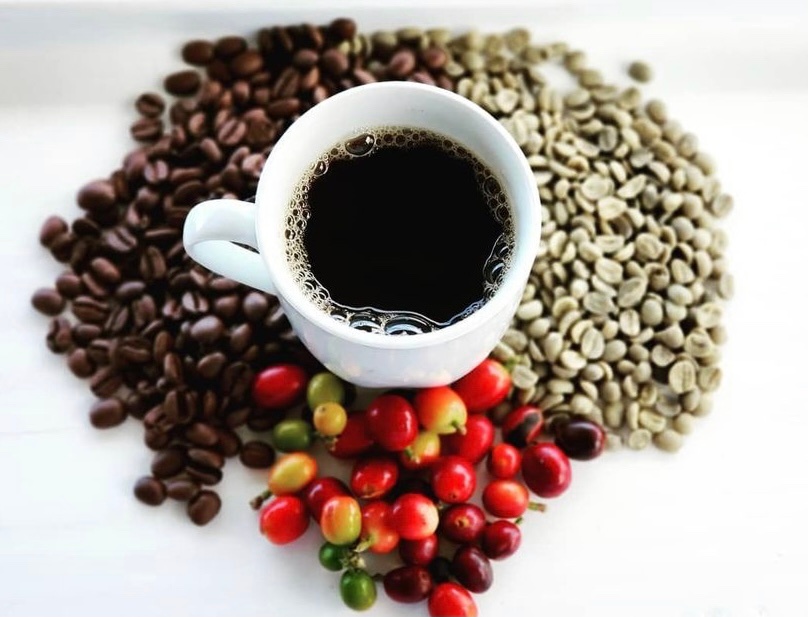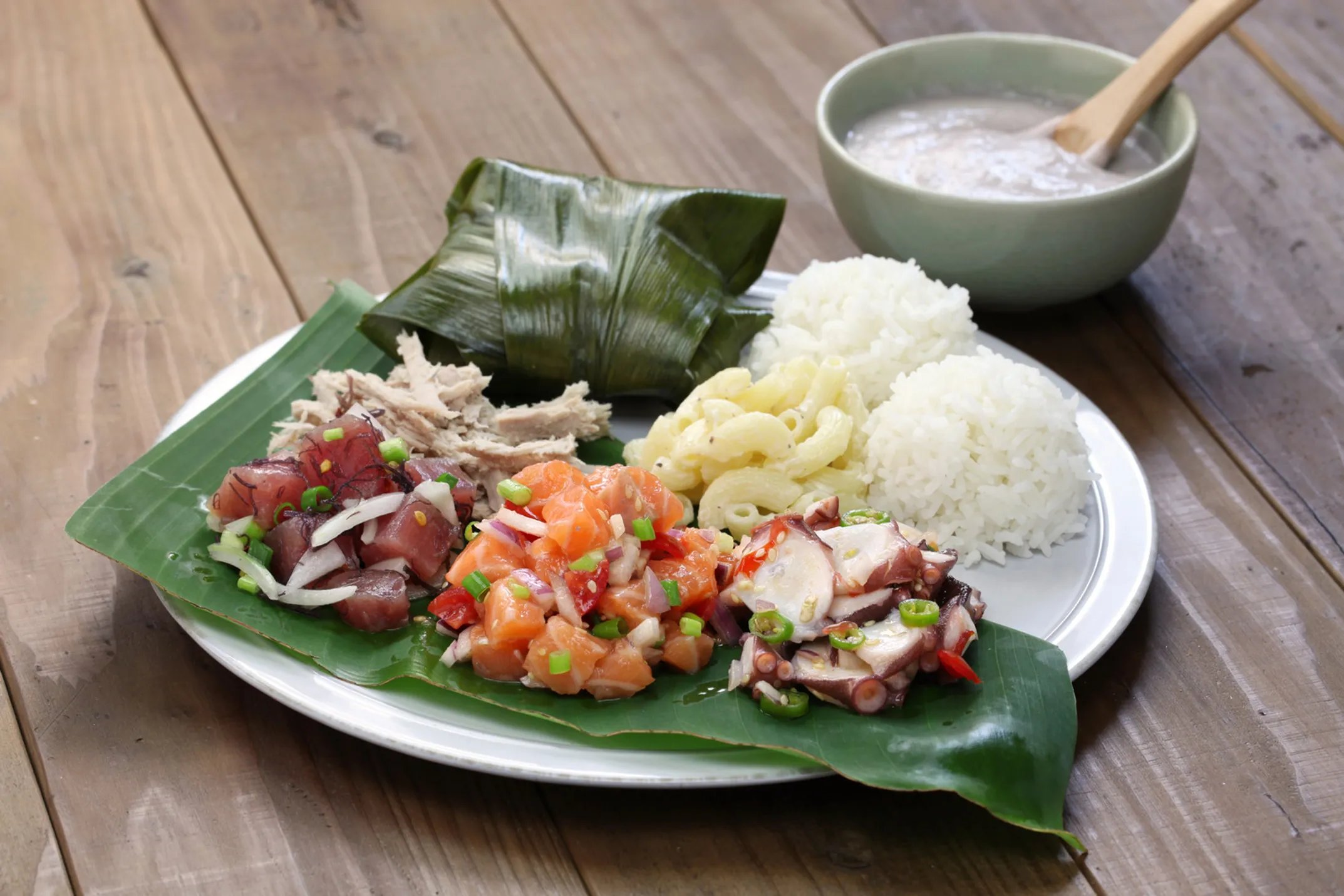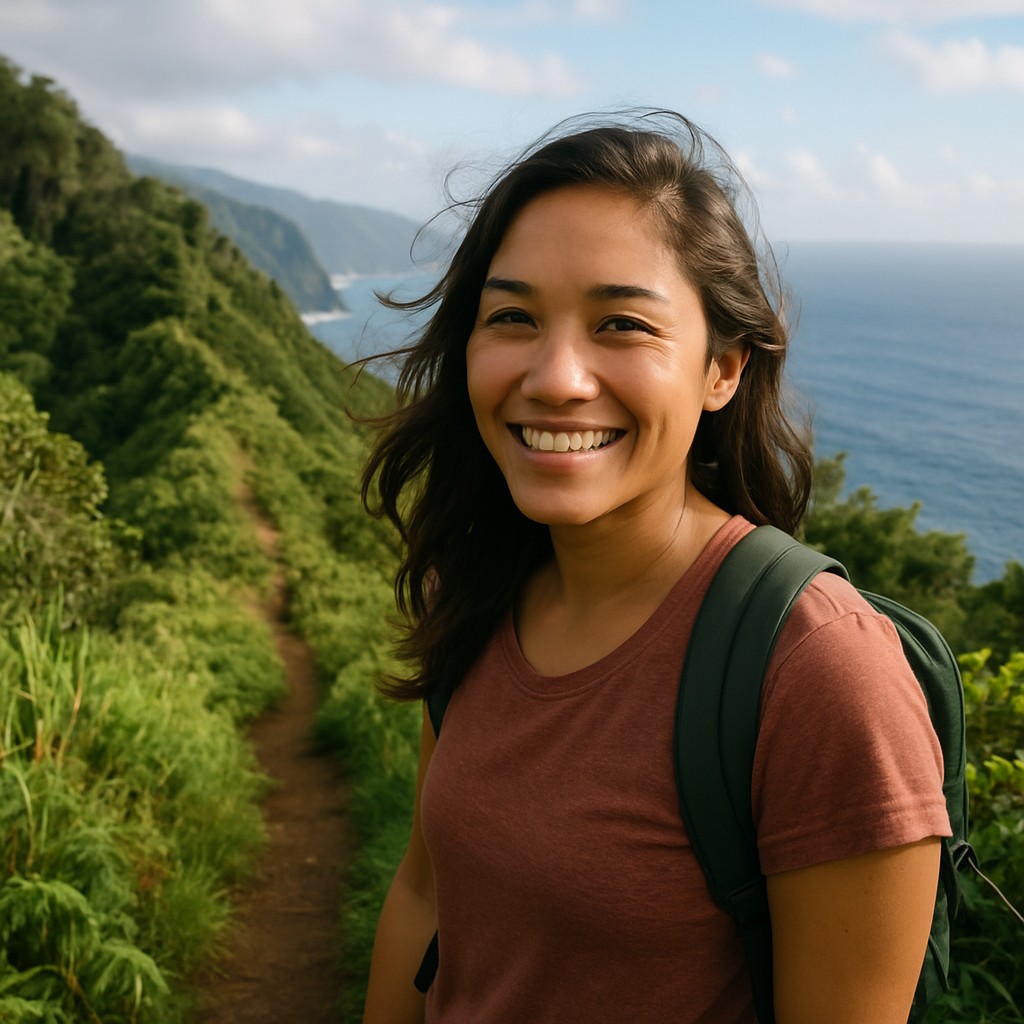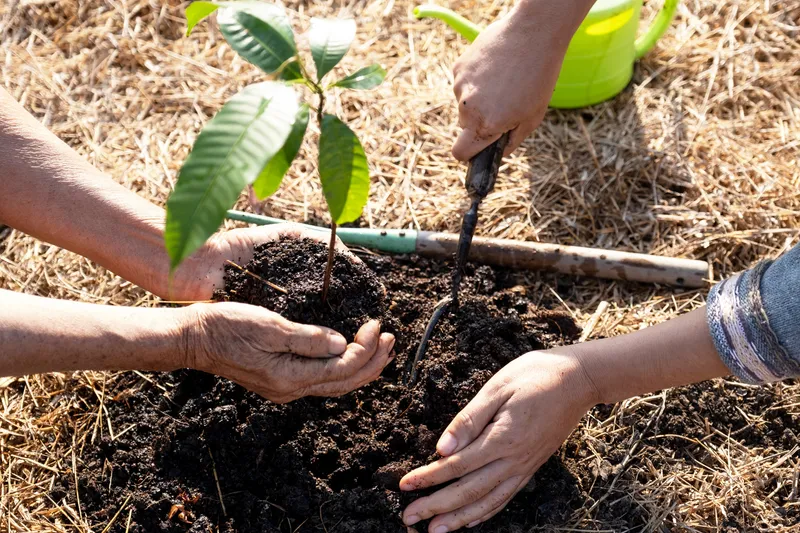
“Brew Your Best Cup”- Coffee Brewing Workshop
Heavenly Hawaiian Coffee Farm • Farm • Holualoa, Island of Hawaii • Hawaii

Your Guide to Traveling with Aloha and Respect

Written by a Local Cultural Guide
Jade KawanuiThe most direct and impactful way for visitors to engage in pono travel is through the Mālama Hawaiʻi Initiative. This program, a collaboration between the Hawaiʻi Tourism Authority (HTA), hospitality partners, and local non-profit organizations, formalizes the invitation for visitors to give back to the islands.
This initiative transforms the travel experience from passive observation to active participation. It allows visitors to forge a deeper connection with the place and its people by contributing to tangible conservation and cultural preservation efforts.
It creates a "virtuous circle" where travelers participate in meaningful volunteer activities and, in return, may receive special hotel rates or even a complimentary night's stay from participating partners.

Work with Hawaiian Legacy Reforestation Initiative at Gunstock Ranch on Oʻahu to plant native trees, helping restore vital ecosystems.
Join Mālama Loko Ea and Papahana Kualoa to rebuild traditional Hawaiian fishponds - masterpieces of indigenous aquaculture.
Remove invasive algae with Mālama Maunalua or join Hawaii Wildlife Fund for beach cleanups and sea turtle monitoring.
Help preserve historical sites like the Battleship Missouri Memorial, connecting mālama to significant pieces of history.
Join the Mālama Hawaii Initiative and transform your vacation into a meaningful contribution to island conservation.
Silently request entry and state your intention
Cover shoulders and knees
Never move rocks or take anything
Honor all forbidden/sacred signs
Traveling pono extends to everyday interactions and behaviors. This code of conduct, grounded in cultural respect and ecological awareness, is a guide to living with aloha during your visit.
Hawaii's wildlife is protected by state and federal laws. Observing these distances is not just respectful—it's legally required.
They need to rest undisturbed on beaches
Critically endangered - only ~1,400 remain
They rest in shallow bays during the day
Federal law protects breeding grounds
Zinc oxide/titanium dioxide only - oxybenzone banned
Reduce plastic pollution in the Pacific
Prevent spread of invasive species
Support local markets, refuse single-use plastic
Sun protection with less sunscreen
Biodegradable for sensitive ecosystems
Observing local customs is a fundamental sign of respect. These guidelines help you navigate social interactions with cultural sensitivity.
Traditional honi ihu (touching noses) is rare. Modern: hug & kiss on cheek for friends/family, handshake for business.
Always remove shoes before entering someone's home. This shows respect and keeps outside dirt out.
Never arrive empty-handed. Bring food or dessert. CRITICAL: Always give open-ended lei to pregnant women (closed lei = bad omen).
"Hawaiian" = indigenous people only. Others = "locals" or kamaʻāina. Don't attempt Pidgin unless fluent.
Avoid ostentatious wealth displays or name-dropping. Show deep respect for elders (kūpuna). Humility is highly valued.
Many places in Hawaiʻi are considered wahi pana, or storied, sacred places. These are not merely tourist attractions but sites of deep spiritual and cultural significance—living connections to ancestors and deities (akua).
Heiau (ancient temples), burial grounds, volcanic craters, and prominent peaks are living cultural sites requiring utmost respect.
Take a moment of silence to ask for permission. State your intention and give thanks for the privilege.
Cover shoulders and knees. Avoid loud talking, aggressive behavior, and public displays of affection.
Never touch, sit on, or move rocks/structures. What looks like "rock piles" could be altars. No offerings unless part of formal ceremony.
Never take rocks, sand, or lava. This deeply disrespects the ʻāina and Pele, the volcano goddess.
Honor all "kapu" (forbidden/sacred) signs without question. These restrictions protect sites for cultural and ecological reasons.
Making conscious spending choices is a powerful way to support the community and ensure your tourism dollars strengthen the local economy.
Choose locally owned restaurants, food trucks, and cafes over chains. Buy from farmers' markets and local artisans.
Seek products with "Made in Hawaii" or "Hawaii Seal of Quality" labels for guaranteed local production.
Book tours directly with local operators rather than third-party sites that take significant commissions.
Hawaiian Airlines partners with Conservation International for verified carbon credits supporting forest conservation.
Your commitment to mālama ʻāina begins before you even leave home.
By choosing to participate in the Mālama Hawaiʻi program, visitors do more than just see the islands. They actively help to heal and sustain them, leaving Hawaiʻi better than they found it.

Heavenly Hawaiian Coffee Farm • Farm • Holualoa, Island of Hawaii • Hawaii

